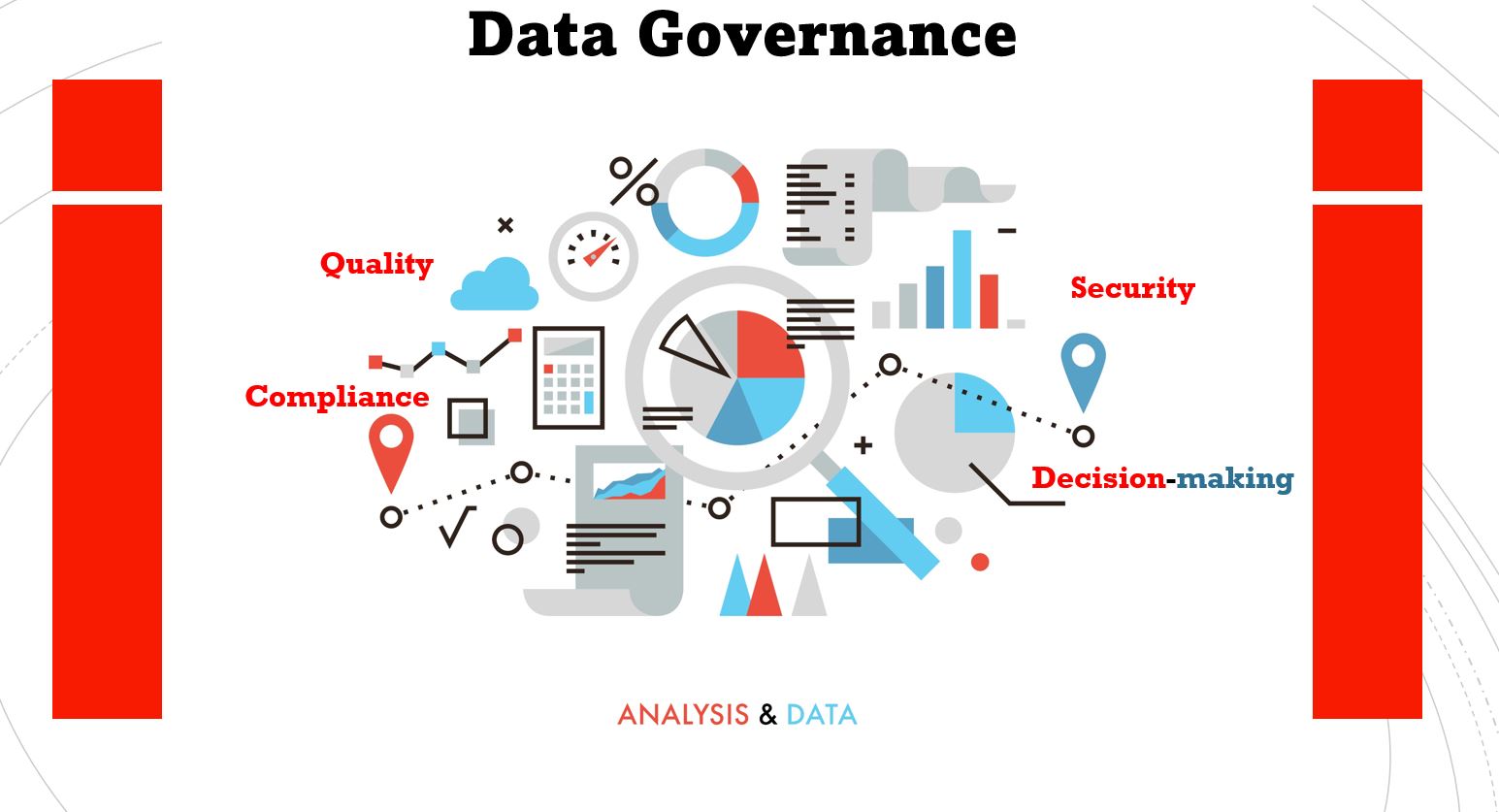In an era where the business landscape is increasingly data-driven, data governance has emerged as a crucial part of successful business management. Whether it’s multinational corporations or local startups, data governance plays a vital role in controlling and managing the vast amounts of data generated every day. But what exactly is data governance and why is it so important for businesses and companies? Let’s delve into this topic.
Understanding Data Governance
At its core, data governance is the set of processes and policies that manage data availability, usability, integrity, and security within an organization. It outlines who can take what actions, upon which data, in what situations, and using what methods. It encompasses a collection of practices, processes, roles, policies, standards, and metrics that ensure the effective and efficient use of information.
The Importance of Data Governance
1. Enhancing Data Quality
First and foremost, effective data governance guarantees high-quality data. When data governance is implemented properly, it provides a consistent set of processes and guidelines, which significantly improves the quality of data. High-quality data is essential in supporting business decisions, minimizing risks, reducing operational costs, and improving efficiency.
2. Ensuring Compliance
In today’s global business environment, organizations are subject to a multitude of regulations. The GDPR in Europe, the CCPA in California, and many other data protection laws necessitate strict data governance. Non-compliance can lead to hefty fines and irreparable damage to a company’s reputation. Good data governance ensures that businesses comply with these regulations by managing data appropriately.
3. Facilitating Data Security
Data breaches are a growing threat to businesses of all sizes and industries. Without data governance, sensitive information can easily fall into the wrong hands, resulting in devastating consequences. A robust data governance strategy strengthens data security by implementing practices that limit access to sensitive data and monitor how data is used.
4. Improving Decision-making
Data-driven decision making is becoming the norm in most organizations. High-quality, well-governed data is integral to creating accurate reports and analytics, thereby empowering businesses to make informed decisions that drive growth and success.
5. Boosting Customer Trust
In a digital age where privacy concerns are paramount, customers want to know their data is safe. Effective data governance can build and maintain customer trust by demonstrating that a company takes data privacy and security seriously.
The Road Ahead
As the volume of data grows exponentially, and the business landscape continues to evolve, the importance of data governance can only increase. Implementing an effective data governance strategy will not only help businesses to meet their current data management needs but will also prepare them for future challenges and opportunities.
Companies that understand the importance of data governance are better positioned to use data as a strategic asset, comply with regulations, secure sensitive data, make informed decisions, and earn the trust of their customers. As such, data governance is no longer a luxury but a necessity for every business.
In conclusion, understanding and implementing robust data governance practices is a crucial step that every business needs to take in this data-centric world. It is an investment that guarantees increased data quality, compliance, security, better decision-making, and customer trust, ultimately leading to enhanced business performance and success.
Practical example from telecom world .
Let’s consider a hypothetical example from a large telecommunications company – TelcoX.
TelcoX is a global telecommunications company that manages a vast amount of data. This data includes customer information, usage data, network performance data, billing information, and much more.
Prior to implementing data governance, TelcoX had problems with data consistency and accuracy. For instance, they struggled with duplicate entries of customer data across different systems, which led to incorrect billing and customer dissatisfaction. Their lack of standardized data governance made it difficult to comply with international data regulations such as GDPR. Also, without a clear policy on who could access what data, they faced potential data security issues.
Recognizing the need for a robust data governance strategy, TelcoX established a data governance program. Here’s what they did:
- Established Data Stewards: They identified individuals from each department who were responsible for data accuracy and consistency. These data stewards worked to maintain the integrity of data within their departments.
- Data Standardization: They developed a set of standards for data entry, ensuring uniformity across all systems. This eliminated the issue of duplicate and inconsistent data.
- Access Control: They introduced strict access controls, ensuring that only authorized personnel had access to sensitive customer information.
- Compliance: They developed policies to comply with data protection regulations like GDPR. They documented where and how customer data was stored, and established protocols for data usage, ensuring that they were able to demonstrate compliance to regulatory bodies.
- Data Quality Improvement: By maintaining data quality, they were able to improve their service delivery. Accurate customer information and usage data meant more accurate billing and personalized offers, leading to increased customer satisfaction.
As a result of implementing these data governance measures, TelcoX was able to dramatically improve its data quality, comply with international regulations, enhance its data security, and improve its overall business operations.
This example illustrates how important data governance is in the telecom industry, where vast amounts of data are a part of daily operations. It demonstrates how data governance can help overcome challenges and significantly improve business operations.




